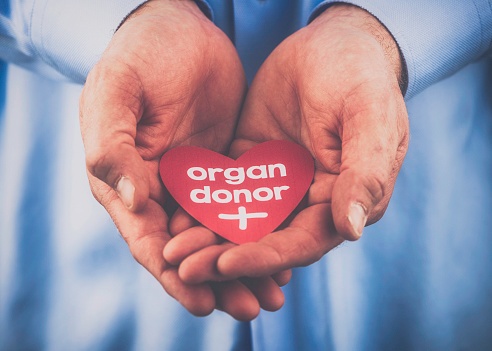
Heart transplant recipients have unaffected survival rates if they receive a transplant from an organ donor who used illicit drugs or died due to an overdose, according to two research studies published in two of the American Heart Association’s journals. These findings will increase the availability of hearts due to the ever-rising rate of overdose deaths in the US.
Data show that in 2019, the US had a record 3,552 transplants performed, 3,661 people sitting on a waiting list for a heart transplant, and 52 people were on the waiting list for a heart and lung transplant, according to the American Heart Association’s 2021 Heart Disease and Stroke Statistical Update.
Encouragingly, 2019 data found “no downside” to transplanting hearts from people who had used illicit drugs, and the practice has become routine, according to Howard Eisen, M.D., chair of the American Heart Association’s Heart Failure and Transplantation Committee of the Clinical Cardiology Council, who was not involved in either study via a press release.
“This research confirms previous data that these hearts – once considered high risk – are safe,” Eisen added. “These findings should encourage institutions who are not routinely using hearts from drug users to do so. It will reduce the waiting time and the number of deaths among people on the heart transplant waitlist.”
In the first study, published in Circulation: Heart Failure, researchers assessed illicit drug among donors and compared the data to survival after heart transplant rates for more than 23,000 adult, heart transplant recipients (average age of heart donors, 32; average age of transplant recipients, 53) between January 2007 to December 2017. The illicit drugs the used included opioids, cocaine, methamphetamine, alcohol, marijuana, barbiturates, amphetamines, and phencyclidine (PCP).
According to the results, survival rates were similar among transplant recipients who were donated a heart from a person who used illicit drugs versus recipients who received a transplant from a non-user, and this was true even among users who tested positive for multiple illicit drugs.
“We thought that illicit drugs like cocaine or methamphetamine, which can lead to heart attacks, would prove to be dangerous,” Baran said on the findings. “However, we were wrong. We should not reject a heart from a donor just because they used one or more illicit drugs.”
In the second study, published in the Journal of the American Heart Association, the investigators compared data from 2003-2007 to 2013-2017 to explore whether the expanding donor pool should include people who have died due to a drug overdose or who had hepatitis C.
The researchers compared to organ heart donors from 2003-2007, donors in 2013-2017 were older, weighed more, were more likely to have high blood pressure and diabetes and to have used illicit drugs, which increases the risk for hepatitis C. However, compared to 2003-2007, the risk of death among transplant recipients in 2013-2017 was 15% lower one month after the heart transplant and 21 percent lower one year later.
Hearts from donors who used illicit drugs or overdosed safe for transplant, cuts wait timehttps://t.co/ixvvoX2HHC
— American Heart News (@HeartNews) July 28, 2021
“We hope that patients who are awaiting transplants are encouraged to accept hearts from donors who had hepatitis C or who died due to a drug overdose, if their health care team finds the donor heart to be an appropriate match,” said lead study author Ravi Dhingra, M.D., M.P.H., medical director of the heart failure and transplant program and associate professor of medicine at the University of Wisconsin-Madison. “About 20% of patients on the heart-transplant waiting list die while waiting to receive a transplant or become too sick to remain good transplant candidates.”
Hearts from donors who used illicit drugs or overdosed safe for transplant, cuts wait time
More medical news at https://t.co/v2awMCGzAt#CardioTwitter #MedTwitter #MedEdhttps://t.co/tznyRfXLy2
— MedPub Cardiology (@MedPubCardio) July 28, 2021
Hearts from donors who used illicit drugs or overdosed safe for transplant, cuts wait time https://t.co/kn6lgWoYCz https://t.co/tLDVg5cCUF pic.twitter.com/DOOq7Shlcx
— Education News (@Edjumicated) July 28, 2021

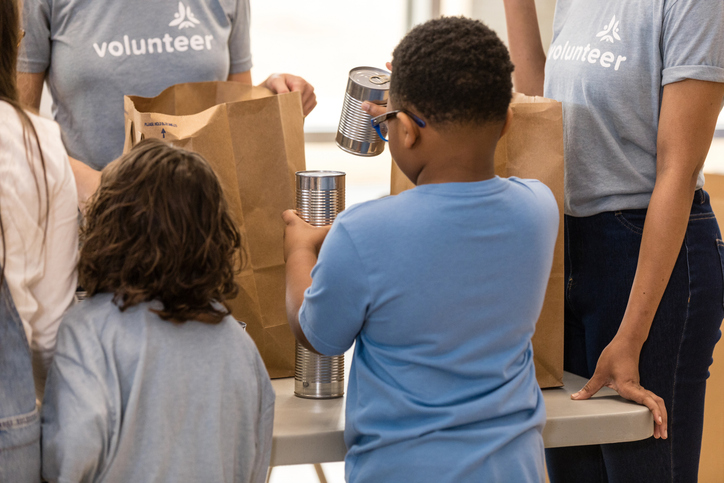
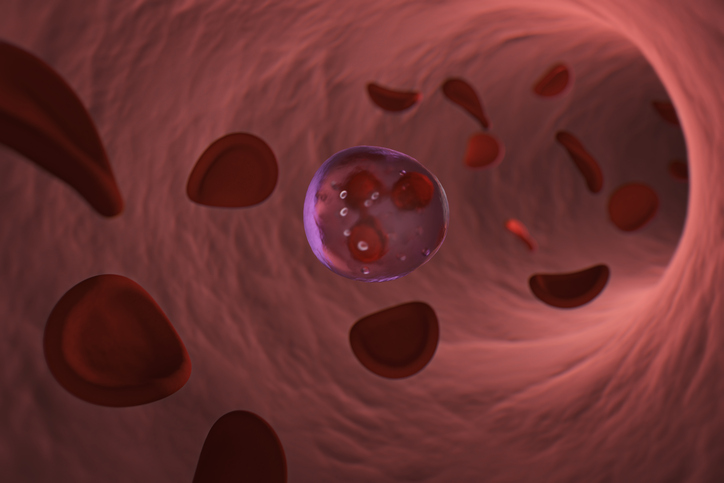
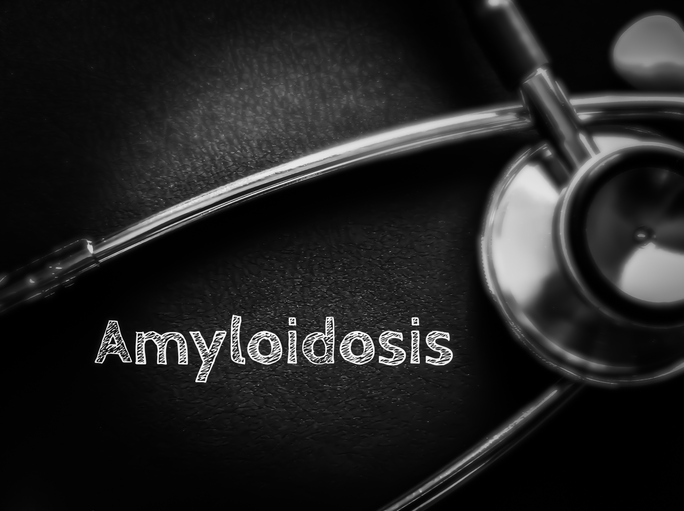

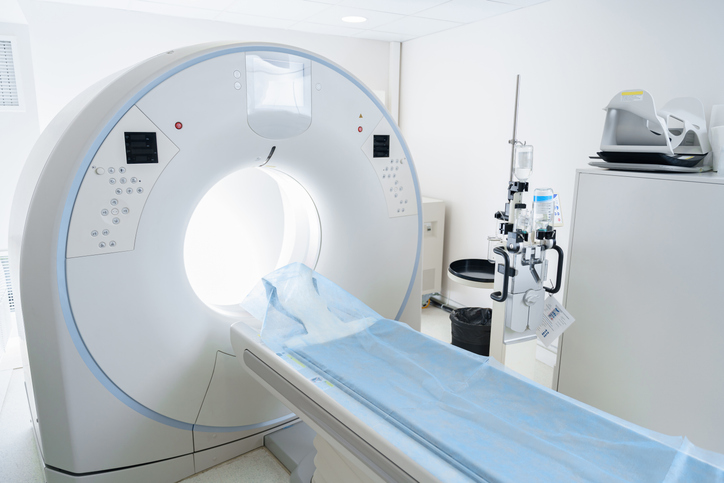

 © 2025 Mashup Media, LLC, a Formedics Property. All Rights Reserved.
© 2025 Mashup Media, LLC, a Formedics Property. All Rights Reserved.